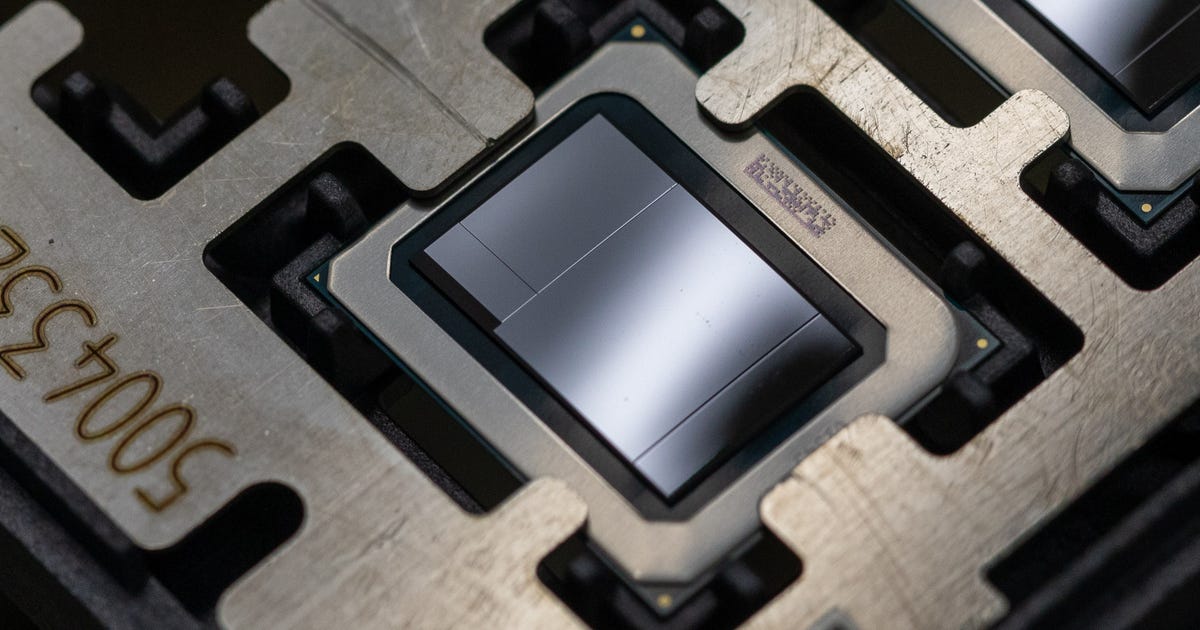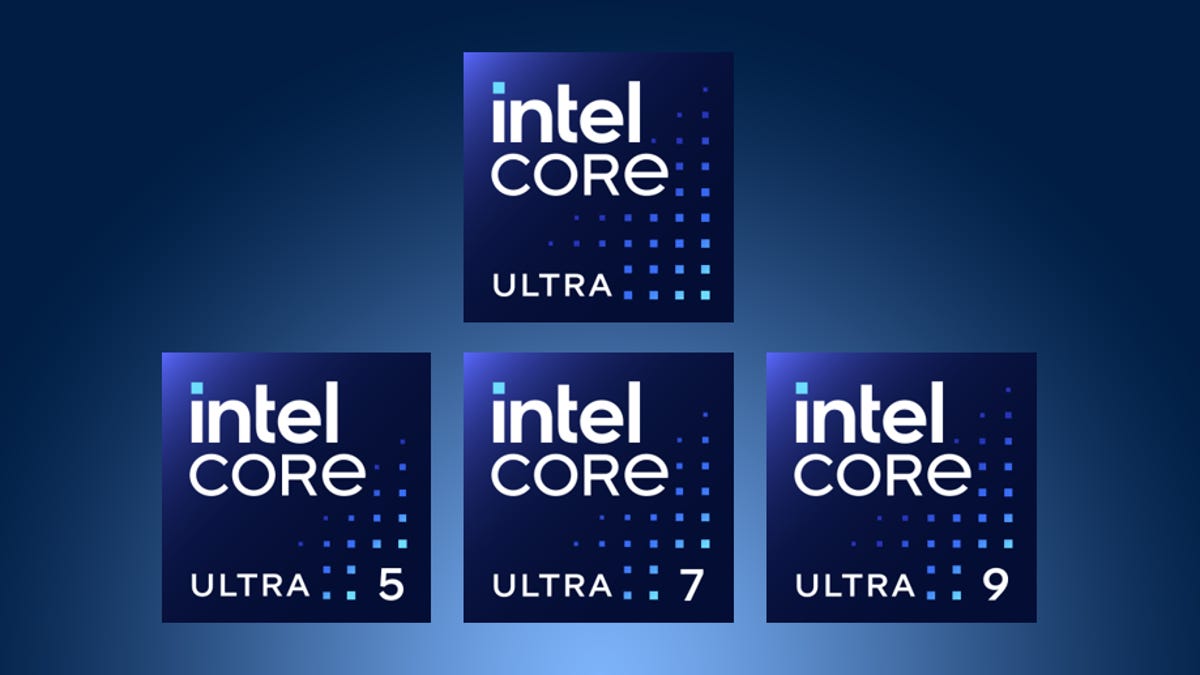In preparation for launching CPUs later this year that use its new Meteor Lake architecture, Intel has rolled out new branding for its consumer Core processor line — dropping the “i” from a name like “Core i7” and turning it into “Core 7” — as well as introducing “Ultra” equivalents of each. There will still be four tiers of the processor: Core 3, 5, 7 and 9.
All Intel will say at the moment about the new Core Ultra is that it will be for “cutting-edge, premium offerings.” Given that Meteor Lake will debut Intel’s AI Boost engine in its Core line, it’s a fair bet that the Ultra versions will be the first to incorporate it. Is it a coincidence that Apple happens to use “Ultra” to designate its top-of-the-line CPU? Hmm.
It could also mean a return to the spirit of the X series “Extreme” processors Intel stopped updating in 2019; a rebranding rolling in its K-series unlocked processors; or possibly a line of Core processors with better integrated graphics (next-gen Arc rather than Xe) or integrated Movidius Vision Processing Units (for enhanced AI acceleration used by features like Windows’ creepy, thousand-yard-stare Eye Contact). Or some combination of any of the above.

Meteor Lake, a PC chip due to ship this year, uses a second generation of Intel’s Foveros technology to stack chiplets into a full processor. This Meteor Lake test vehicle is used to ensure the Foveros packaging is working correctly, with no alignment or electrical connection problems.
With any luck, Intel will apply the naming conventions only to Meteor Lake and newer architectures, and won’t go all fuzzy on us and start retroactively applying them to new chips with old architectures. The company tends to apply the same naming conventions to the budget-laptop chips it launches toward the end of a year, even though they’re technically last-gen architectures.
But Intel also plans to ditch generational marketing as well; in other words, don’t expect Intel to call the Meteor Lake chips “14th gen.” It will still be identifiable in the part name, and thankfully Intel doesn’t plan to change those naming conventions.
I plan to continue to use the nomenclature, though, because it’s an efficient way to refer to a cohort of chips. And though I suspect I won’t be the only one, it’s possible that system manufacturers may be precluded from using the terminology in their marketing materials, which can potentially cause a lot of confusion while shopping.
